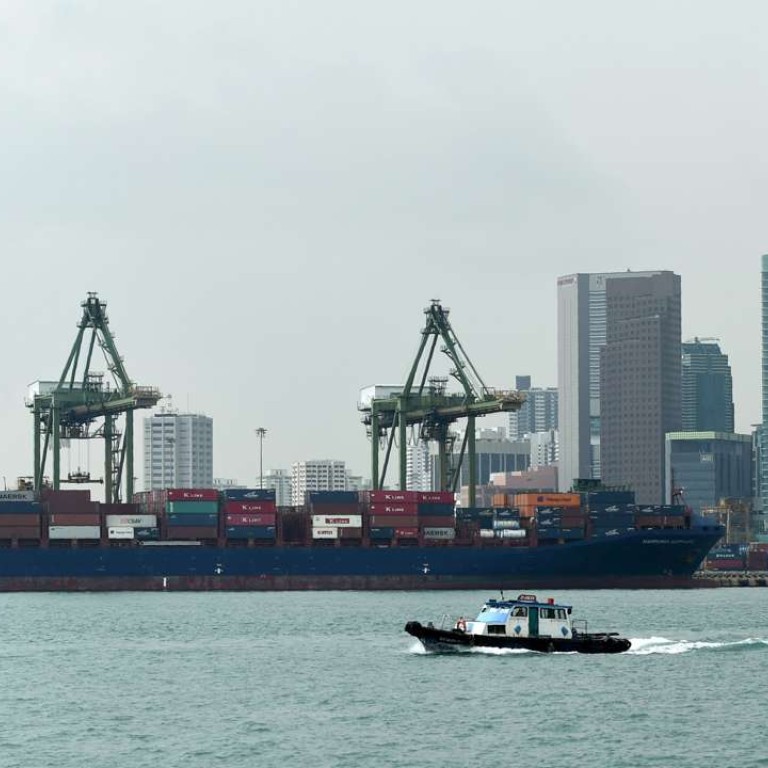
How infrastructure spending and maritime services can help keep Hong Kong afloat
Holden Chow says while the city is not likely to be spared downturn risks amid global uncertainty, a greater emphasis on infrastructure projects and expert maritime services could help see it through
Many analysts have a bleak outlook for the global economy, at least in the short term. And Hong Kong, despite being an international financial centre with support from the central government, would not be spared the risks of a downturn.
But what worries me is the domestic political conflict causing delays in government expenditure processing by the legislature. Many major infrastructure projects are widely demonised as “white elephants”, with the opposition bound to rail against the alleged waste of taxpayers’ money. The examples are many: the third runway, the high-speed rail link, the Hong Kong-Zhuhai-Macau bridge.
Why Hong Kong’s container port may be in terminal decline, and what that would mean for a city that appears not to care

Big data professionals needed, shipping leaders warn
The UK leads with its thriving maritime business, as a one-stop shop for legal, arbitration, insurance, shipbroking and financial services, while Singapore is keen to compete for the top spot in the region. Hong Kong, with its rule of law, strength in professional services and the backing of Beijing, certainly has the potential to secure a strong position.
Shipping operator shares rally on expectation of industry recovery
Marshall Islands, a tiny jurisdiction, has been very successful in attracting ships from across the globe to fly its flag and is now among the most popular shipping registers. With branch offices around the world, it has a long-established reputation of offering “round the clock” services.
The Hong Kong Marine Department has served the industry well and has generally earned the support of the maritime services sector. However, the inadequate supply of skilled labour would certainly hinder the development of the industry.
Boosting the supply of workers with the right expertise is thus one of the major tasks the government needs to work on.
Holden Chow is a legislative councillor with the Democratic Alliance for the Betterment and Progress of Hong Kong

